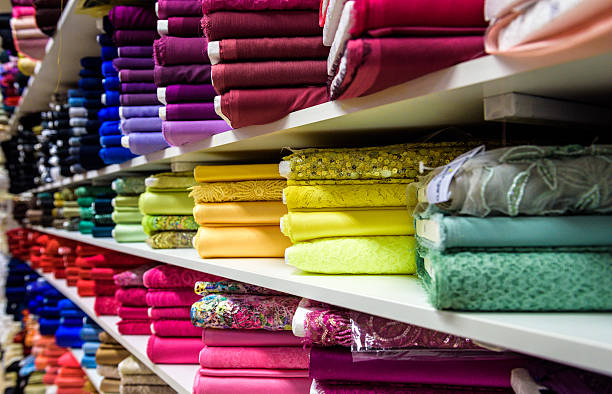
Chennai, Dec 31: While urging the Centre to reverse the GST hike for textile and maintain it at present five per cent rate, Tamil Nadu Finance Minister Dr. Palanivel Thiagarajan said alternatively, readymade garments having sale value of above Rs. 3,000 or Rs. 5,000 be taxed at the higher rate
of 12 per cent.
In his speech at the meeting of GST Council in New Delhi, which was chaired by Union Finance Minister Nirmala Sitharaman, he said the proposed hike in GST on textile from five per cent to 12 per cent could not have come at a more inopportune time when the industry is limping back to normalcy from the onslaught of Covid-19 pandemic.
Stating that textile industry in Tamil Nadu is a forerunner in providing employment in the State, he said the handloom sector which is barely surviving on the subsidies granted by the State Government will not be able to absorb this blow due to the increase in GST.
The representation of the associations that the increase in GST would cause large scale unemployment in the weaving industry due to non-availability of additional loans and working capital has great merit, the Minister said and urged her to consider reversing the hike in GST.
“Alternatively, it may be considered that readymade garments having sale value of above Rs. 3,000 or Rs. 5,000 be taxed at the higher rate of 12 per cent and allow the present rate of five per cent on textiles below this level”, he added.
Thanking Min. Nirmala Sitharaman for arranging the meeting to discuss the important agenda item on putting on hold the proposed hike in GST on textile from 5 to 12 per cent, Dr. Palanivel Thiagarajan said Tamil Nadu was one of the major states producing handloom, power-loom
textiles and hosiery goods in the country and this sector was next only to the Agriculture in terms of employment generation.
He said clothing is the basic necessity immediately after food. While analyzing the textile industry, there is a huge difference between man-made fibre-based industry and natural fibre based industry. Man-made fibres are produced from chemicals through automated process involving low labour with high capital, mostly by the corporates.
However, the process of natural fibres is more labour intensive and has downstream impact on farmers. It is also run with lower capital, mostly by the MSME sectors. The hike on the fabrics including handloom manufactured from the natural fibre will dampen demand and thereby the
farmers and MSMEs will be indirectly affected.
Before the introduction of GST, under the VAT regime of Tamil Nadu textiles were given full exemption throughout, and the readymade garments were subjected to tax at five per cent, he pointed out.






